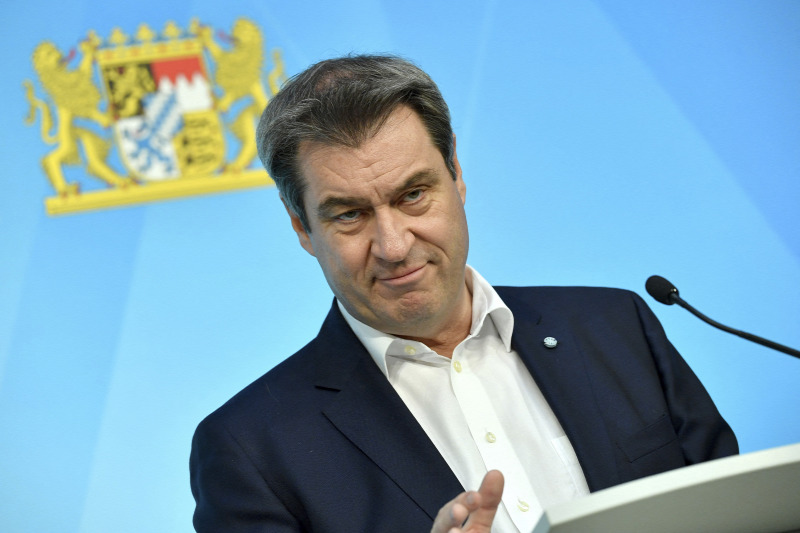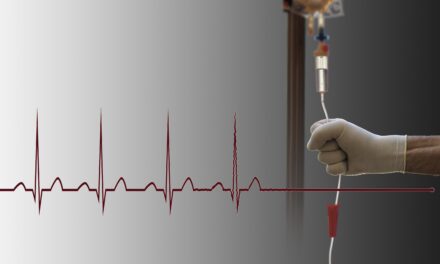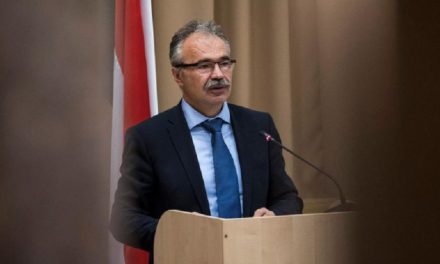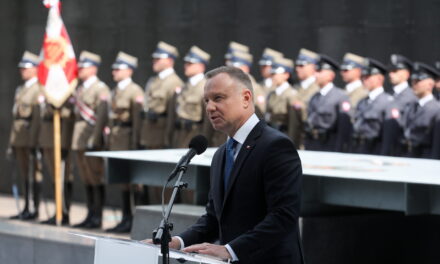According to Bavarian Prime Minister Markus Söder, the European Union authorization of the Szputnyik V vaccine developed for protection against the disease caused by the new type of coronavirus must be accelerated.
Speaking to the Sunday newspaper Bild am Sonntag, the president of Germany's smallest governing party, the Christian Social Union (CSU), emphasized:
you must not allow the "vacuum engine to stall".
For this, the EU authorization procedure of Szputnyik V at the European Medicines Agency (EMA), which plays the role of the community's pharmaceutical authority, must be accelerated.
"We should not waste time for purely ideological reasons," Markus Söder told Bild am Sonntag.
According to the newspaper, the German federal government expects that the EMA can make a decision on Szputnyik V in September at the earliest, because it has not yet received all the data required for the procedure from the developers.
In the compilation, they added that the Bavarian provincial government concluded an option contract for the purchase of 2.5 million doses of Szputnyik V vaccine.
The purchase is conditional on the Russian side obtaining EMA approval.
According to another German newspaper, Handelsblatt, a compilation at the end of the week, due to the limited production capacity, the fulfillment of already finalized delivery contracts is also a challenge for the distributor of Szputnyik V. For example, Argentina received 6.5 million of the 34 million doses ordered, and Mexico received 2.4 million of the 24 million doses.
Citing anonymous industry sources, the prestigious business paper added, among other things, that the capacity is not even enough to produce the amount needed to vaccinate the domestic and Russian population.
In Germany, the AstraZeneca, Pfizer/BioNTech, Moderna and Janssen vaccines are currently being used to achieve community immunity against Covid-19. As of Friday, 49,255,748 doses had been administered, according to the latest figures from the federal government. 42.6 percent of the population - 35,453,649 people - received at least one dose. 17.1 percent of the population - 14,197,101 people - are fully vaccinated.
Source: origo.hu












